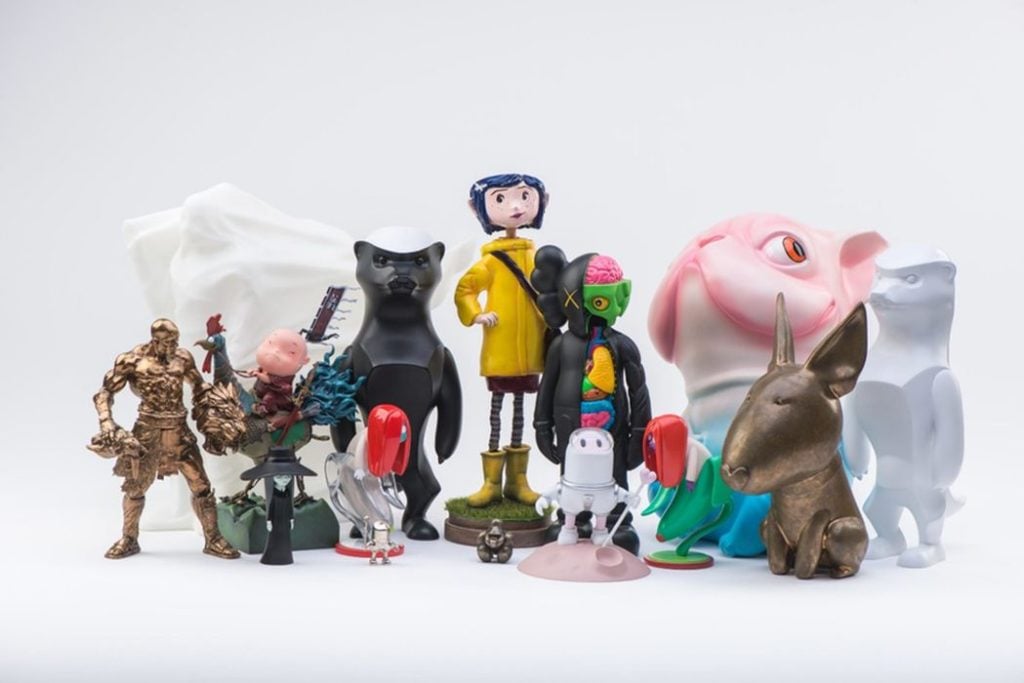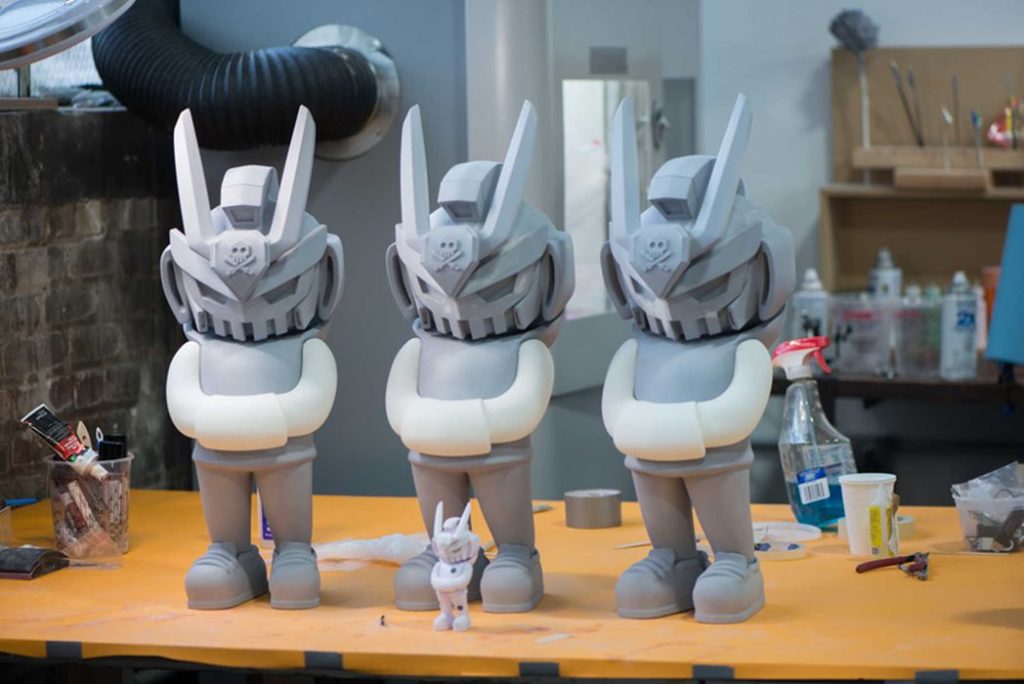
[Source: Print A World]
Charles R. Goulding and Preeti Sulibhavi look at how 3D printing of toys has taken off during the pandemic.
2020 was a record year for the toy industry with U.S. sales increasing 16% to over US$25 billion. With retail venues closed due to COVID-19, the industry accelerated the conversion to online sales. A new trend is for collectors to fund large footprint, custom-designed dream toys. Some of these dream toys can sell for US$500 or more.
There is more demand for customized toys, and there are more ways to supply to meet demand given online options and not surprisingly, 3D printing.
Hasbro

Hasbro has made definitive advancements in 3D printing its products. Hasbro, which owns My Little Pony, Transformers and many more familiar brands, now has a website to enable fans of the My Little Pony brand to showcase their art and sell 3D printed designs by Shapeways, the well-known 3D printing service.
Mattel
Mattel formed Mattel Creations, which offers limited runs of exclusive products on its website. The projects include collaborations with artists like Madsaki and Gianni Lee. Mattel Creations offers products such as a US$75 Barbie doll made of translucent resin and a US$300 Masters of the Universe figure of Skeletor, standing nearly two feet tall. Mattel Creations has gotten onboard the 3D e-commerce trend and provides a means for offering new products, appealing to worldwide fans.
Print A World
There are several ways in which 3D printing can be applied to toy fabrication, especially customized toys. Print A World, a BigTech company in New York City is an online one-stop shop for 3D printed customized resin toys. Whether it is a limited edition art figure or a uniquely designed popular cartoon character, Print A World can take a simple 2D design and create the perfect prototype.
Custom vinyl toys are fabricated using a high-resolution resin that takes a 2D design and brings the vision to life. The prototype can even be painted if preferred and then a small-run production of resin toys can be processed.
Action figures require multiple components and are more complex in design.
The Research & Development Tax Credit
The now permanent Research and Development (R&D) Tax Credit is available for companies developing new or improved products, processes and/or software. Eligible costs include U.S. employee wages, cost of supplies consumed in the R&D process, cost of pre-production testing, U.S. contract research expenses, and certain costs associated with developing a patent. As of 2016, eligible startup businesses can use the R&D Tax Credit against $250,000 per year in payroll taxes.
3D printing can help boost a company’s R&D Tax Credits. Wages for technical employees creating, testing and revising 3D printed prototypes can be included as a percentage of eligible time spent for the R&D Tax Credit. Similarly, when used as a method of improving a process, time spent integrating 3D printing hardware and software counts as an eligible activity. Lastly, when used for modeling and preproduction, the costs of filaments consumed during the development process may also be recovered.
Whether it is used for creating and testing prototypes or for final production, 3D printing is a great indicator that R&D Credit eligible activities are taking place. Companies implementing this technology at any point should consider taking advantage of R&D Tax Credits.
Going Places with “Baby Yoda”…
The pandemic brought out a lot of our hidden hobbies. Pastimes we did not take as seriously prior to COVID-19, suddenly became our lifeline from quarantine boredom. While we may have outgrown our toys, we still remember our favorite ones, and many of us have turned into limited edition toy collectors.
The customized toy industry brings our dearest, favorite childhood characters to life. It is not a surprise that 3D printing can be a part of these customized toy aficionados’ most creative ideas.
